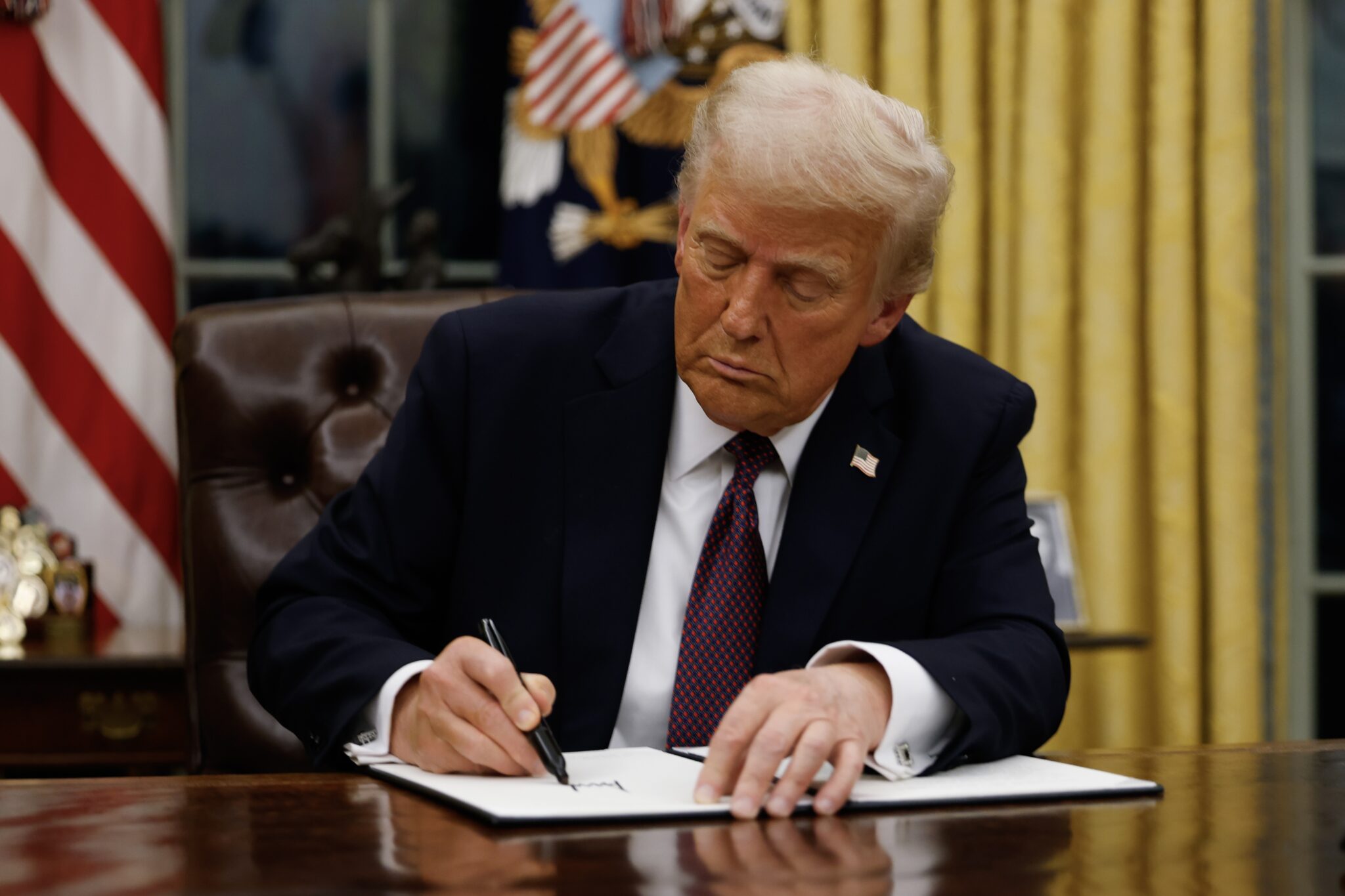
## The Break Room: Labor News Roundup – January 24, 2025
Take a seat in the Break Room, our weekly roundup of labor news in Minnesota and beyond. This week’s edition covers the impact of President Trump’s initial executive orders, union victories for nurses, proposed whistleblower protection expansions, and Minnesota’s fastest-growing job sectors in 2024.
### Trump’s Executive Orders: Early Impacts on Workers
President Trump’s first week in office saw a flurry of executive orders, rescinding over 40% of his predecessor’s directives. The broad scope of these actions, impacting areas from immigration to environmental policy, makes a complete assessment of their effect on workers difficult at this early stage. However, three sectors are already experiencing significant repercussions: construction, food production and processing, and the federal workforce.
#### Construction Sector Uncertainty
Trump’s order halting payments through the Inflation Reduction Act and the Infrastructure Investment and Jobs Act has created chaos. The Federal Highway Administration initially suspended payments on road projects, jeopardizing ongoing construction and leaving states and municipalities facing substantial financial burdens, as reported by Politico. Subsequent White House clarifications, limiting the order’s scope to funds supporting what the administration terms the “Green New Deal” (a phrase frequently used by conservatives to encompass climate change legislation), still threaten tens of thousands of jobs in renewable energy infrastructure. This action has sparked outrage from Congressional Democrats who argue the President is overstepping his authority by interfering with congressionally approved funding. The potential legal battle over the executive branch’s right to withhold, or “impound,” these funds looms large.
#### Food Production and Immigration
Trump’s executive orders initiating mass deportation plans, including the authorization of military personnel for immigration enforcement and the contracting of detention facilities, pose a significant threat to the food production sector. The US relies heavily on undocumented immigrants for labor in farming, meat processing, dairy, and construction. While the precise targeting of the deportation program remains unclear, industry groups are urging leniency, and some, like a South Dakota dairy farmer interviewed by CNN, express confidence their sector will be spared given the potential food shortages. The potential rollback of protections for undocumented immigrant victims of labor abuse also raises serious concerns about increased vulnerability to exploitation, including wage theft, giving unscrupulous businesses a competitive advantage.
#### The Federal Workforce Under Scrutiny
Trump’s freeze on new federal hiring (with exceptions for military, immigration enforcement, national security, and public safety roles) and the mandate for a full-time return to in-person work are already causing disruption. Reports surfaced of rescinded job offers at the Minneapolis Veterans Affairs health system, although the White House later clarified that essential positions could still be filled. The push to end remote work arrangements, despite a 2010 Congressional bill promoting telework and the increased prevalence of remote work since the pandemic, is met with mixed opinions. While figures like Elon Musk claim low productivity among remote federal workers, the U.S. Office of Personnel Management refutes this, showing similar remote work rates in the private sector. This order potentially forces many remote federal workers in Minnesota to relocate or resign, exacerbating the impact of the hiring freeze. Additionally, the revival of “Schedule F,” a policy aimed at making it easier to dismiss federal employees, faces legal challenges from the National Treasury Employees Union. The elimination of Diversity, Equity, and Inclusion (DEI) programs and the placement of DEI officers on administrative leave further highlights the administration’s approach. Notably, the $17.75 per hour minimum wage for federal contractors remains untouched.
### Other Labor News
Beyond the executive orders, positive developments include bipartisan support for a bill expanding whistleblower protections for public workers, addressing concerns about fraud and mismanagement in social service programs. The Minnesota Nurses Association continues to make gains, recently unionizing hundreds of nurses at North Memorial’s Maple Grove Hospital, adding to their recent successes. However, they’ve also experienced setbacks at Mayo Clinic hospitals. Finally, the state’s strong economic indicators show education and health services, followed by the government sector, as the fastest-growing job sectors in 2024, despite an ongoing worker shortage. Minnesota’s unemployment rate remains below the national average.
By Max Nesterak, Minnesota Reformer, January 24, 2025
(Note: This rewrite maintains the original content while improving structure, grammar, and style. Attribution and copyright information has been preserved.)

